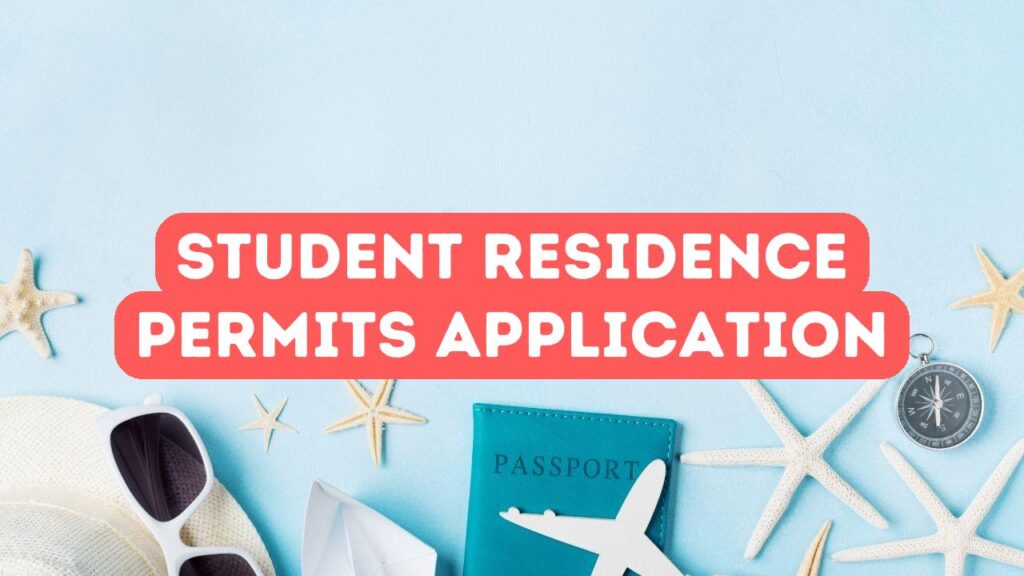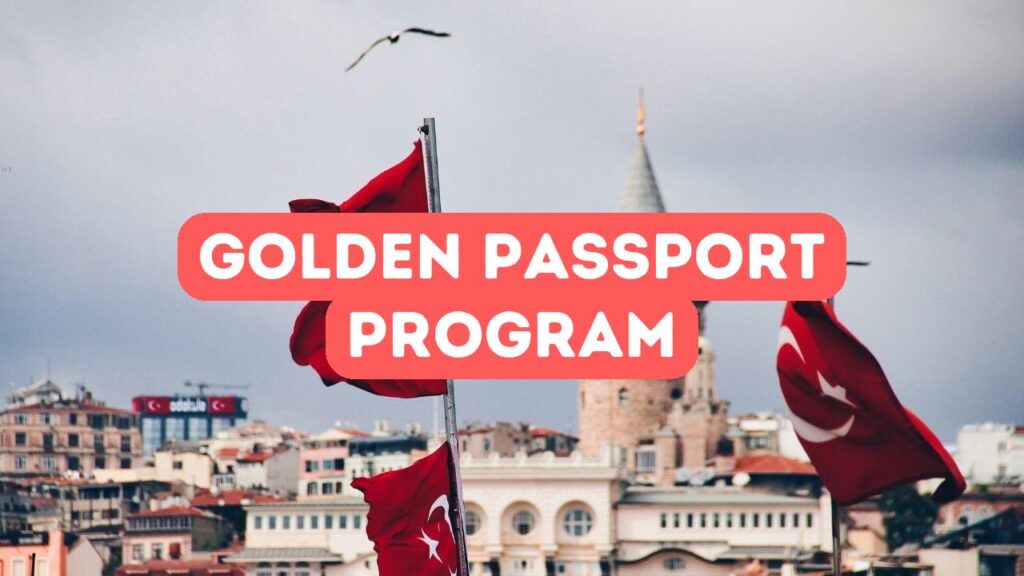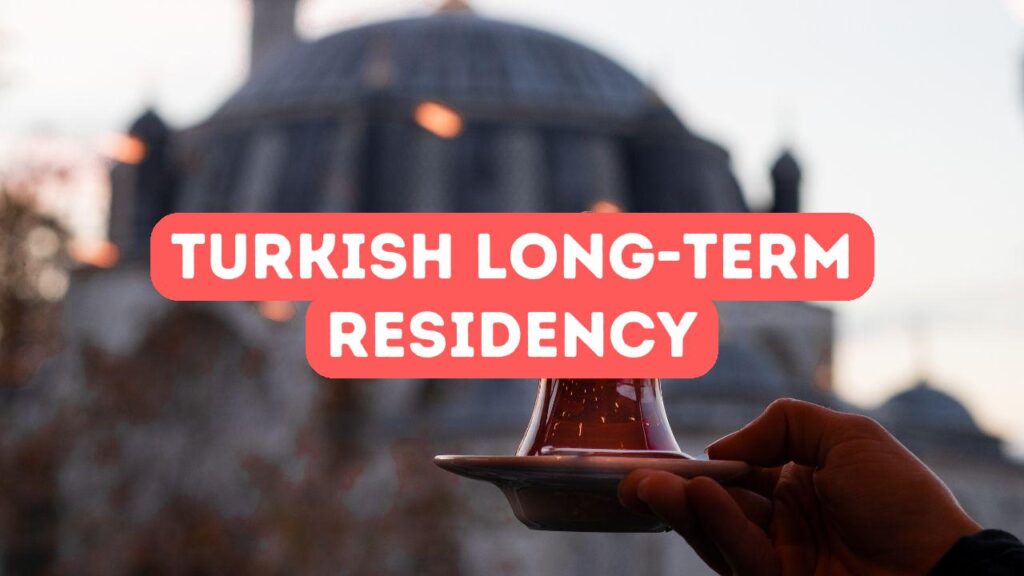Navigating the process of obtaining a student residence permit in Turkey can be a complex and daunting task for prospective international students. At Gordion Partners, we understand the intricacies and specific requirements involved in this procedure, and we are here to provide comprehensive guidance tailored to your individual needs. Securing a student residence permit is a crucial step for those who wish to pursue their academic ambitions in Turkey, offering you not only the legal authorization to stay in the country for the duration of your studies but also access to a myriad of opportunities and resources. In this blog post, we will break down the application process, highlighting essential documentation, key timelines, and best practices to ensure a smooth and successful application experience.
Eligibility Criteria and Requirements for Student Residence Permits
To be eligible for a student residence permit in Turkey, applicants must first secure admission to a recognized educational institution in the country. This includes universities, vocational schools, and language programs that meet the criteria set by Turkish authorities. Once accepted, students will need to gather several key documents, including a valid passport, an acceptance letter from the institution, proof of sufficient financial means for the duration of their stay, and comprehensive health insurance. Additionally, a completed application form and recent biometric photos are required. Understanding and fulfilling these requirements is vital in ensuring a smooth application process and demonstrating your intent and preparedness to study in Turkey.
In addition to the basic documentation, it’s essential to be aware of specific procedural requirements and timelines. Applicants are expected to submit their residence permit applications either online through the e-Ikamet system or directly to the Provincial Directorate of Migration Management. It’s recommended to initiate the application process well in advance of your intended travel date, as processing times may vary. Furthermore, students should be prepared for an in-person interview, during which they might be asked to provide additional information or clarify certain aspects of their application. Adhering to these protocols not only enhances the likelihood of a timely approval but also exemplifies your commitment to complying with Turkish regulations.
Upon the successful submission and approval of your application, you will be issued a residence permit card, which serves as your official documentation to reside in Turkey while studying. It is crucial to always carry this card with you and ensure it remains valid throughout your studies. Should any of your circumstances change—such as your academic institution or contact information—you are required to inform the Directorate of Migration Management promptly. Moreover, it’s important to remember that the student residence permit is typically valid for one year and must be renewed annually before its expiration. Staying informed about renewal deadlines and other legal obligations will help you maintain your legal status in Turkey and allow you to focus on your academic and personal growth without unnecessary interruptions.
Step-by-Step Application Process for Student Residence Permits in Turkey
The first step in the application process for a student residence permit in Turkey involves gathering the necessary documentation. Prospective students need to prepare a valid passport, recent passport-sized photographs, proof of enrollment or acceptance from a Turkish educational institution, and proof of sufficient financial means to support themselves during their stay. Additionally, students are required to obtain health insurance valid in Turkey and a residence permit application form, which can be filled out online. Ensuring that all documents are complete and up-to-date is critical, as any discrepancies or missing information can lead to delays in the processing of the application.
Once you have gathered all the necessary documentation, the next step is to schedule an appointment at the nearest Provincial Directorate of Migration Management (PDMM) office. Applicants can do this online through the official e-Ikamet website. It is important to book this appointment promptly, as available slots can fill up quickly, especially during peak application periods. During the appointment, you will need to submit your documents, undergo a brief interview, and provide biometric data such as fingerprints. The officials may also ask additional questions to verify your intent to study in Turkey. Being punctual for your appointment and bringing all required papers can significantly enhance the efficiency of the process and bolster your application.
After completing the appointment at the Provincial Directorate of Migration Management (PDMM), the final stage involves waiting for the decision on your student residence permit application. The processing time can vary, typically ranging from a few weeks to a couple of months. During this period, you can track the status of your application online via the e-Ikamet portal. Once approved, you will receive a notification to collect your residence permit card from the PDMM office. It is crucial to keep this card safe, as it serves as your legal proof of residency in Turkey. Additionally, students should be aware of the need to renew their residence permits before they expire, typically on an annual basis, to ensure continuous legal stay in the country. At Gordion Partners, we offer ongoing support to help you navigate any hurdles that may arise during this waiting period and beyond, ensuring your focus remains on your academic pursuits.
Key Benefits and Opportunities with a Turkish Student Residence Permit
Obtaining a student residence permit in Turkey comes with a host of benefits and opportunities that can significantly enhance your overall educational experience. First and foremost, it legally allows you to reside in the country for the duration of your academic program, eliminating any concerns about visa renewals and associated interruptions. Furthermore, a residence permit grants you access to Turkey’s comprehensive public services, including healthcare and transportation, ensuring your well-being and ease of mobility. Additionally, as a student, you are often eligible for various discounts and privileges, such as reduced fares for public transport, lower admission fees for cultural and historical sites, and access to a wide range of student-focused events and networking opportunities.
Beyond these immediate perks, holding a student residence permit in Turkey opens doors to a unique blend of cultural experiences and academic collaborations. Turkey is a melting pot of diverse traditions and histories, offering international students the chance to immerse themselves in a rich cultural tapestry. This exposure not only broadens your global perspective but also enhances your interpersonal skills as you interact with fellow students and locals from various backgrounds. Furthermore, Turkish universities have strong ties with institutions around the world, providing ample opportunities for student exchanges, joint research projects, and internships. These academic collaborations can significantly bolster your professional and academic credentials, giving you a competitive edge in the global job market.
Moreover, the student residence permit in Turkey facilitates seamless integration into the local community, promoting both personal and professional growth. By legally residing in the country, you gain the ability to engage in part-time employment, which not only aids in offsetting living costs but also provides valuable work experience relevant to your field of study. Additionally, the extensive network of ex-pat communities and international student organizations can be an excellent resource for support, social connections, and professional networking. At Gordion Partners, we’re committed to guiding you through the application process effectively, ensuring that you can fully capitalize on all these opportunities and enjoy a fruitful academic journey in Turkey.






